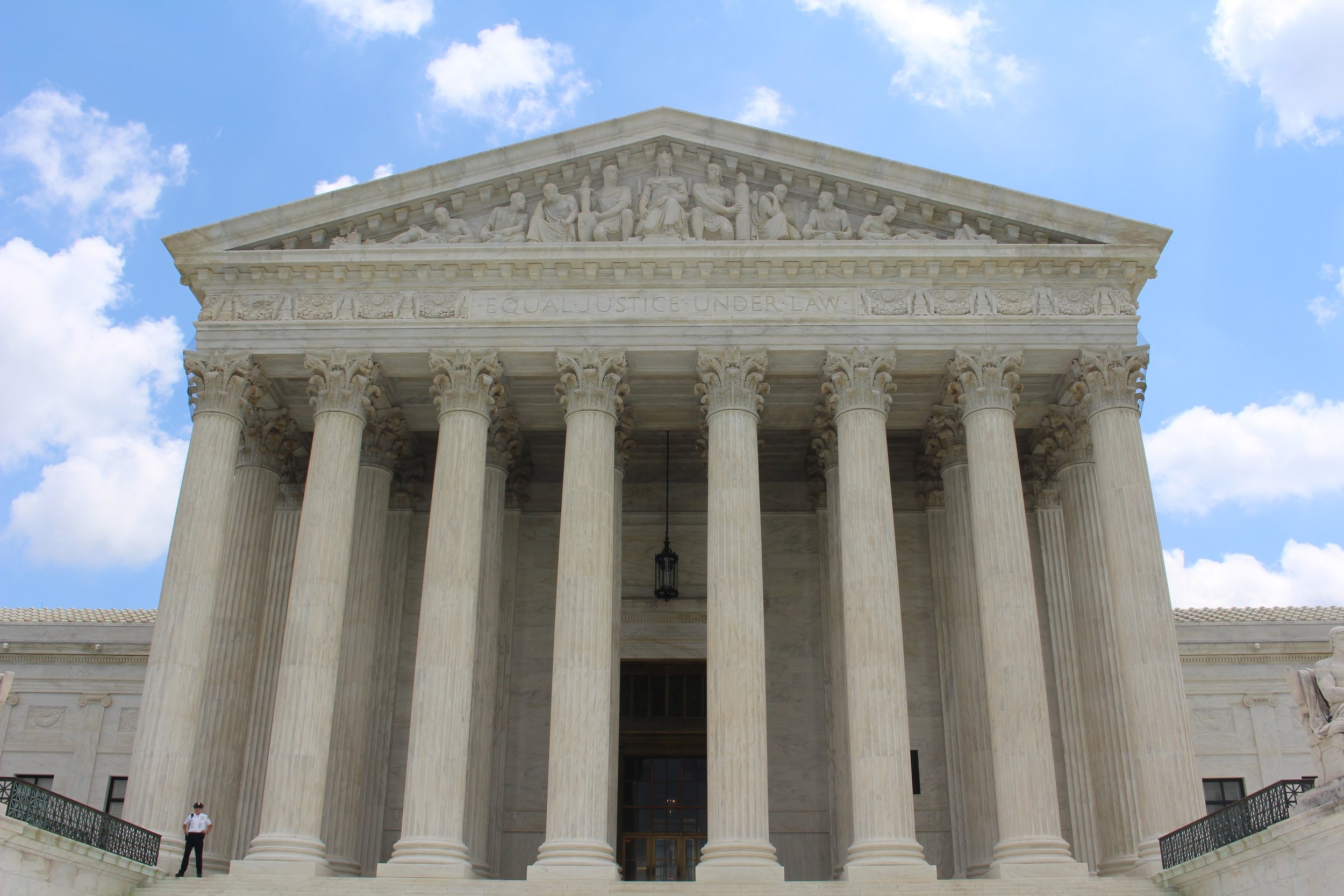Comprehending the Duty of a Post-Conviction Lawyer in Seeking Justice After a Criminal Conviction
In the complicated landscape of post-conviction lawful proceedings, the duty of a post-conviction legal representative is crucial in browsing the path to justice after a criminal conviction. Past the boundaries of a trial, these lawyers participate in a diverse approach targeted at discovering new proof, difficult legal mistakes, and supporting for their clients' rights. The intricacies of post-conviction job need a mix of lawful acumen, investigative skills, and critical believing to decipher the complexities of an instance and go after avenues that might have been ignored or underexplored. As the pursuit of justice expands beyond the confines of preliminary proceedings, the duty of a post-conviction attorney becomes a sign of hope for those looking for to correct oppressions and recover their rights within the lawful system.
Post-Conviction Legal representative's Investigatory Work
Post-conviction lawyers take part in precise investigatory work to uncover brand-new proof, procedural mistakes, or misbehavior that could possibly cause reversing a conviction. This investigatory phase is crucial in the post-conviction procedure as it aims to recognize any type of overlooked information or legal bad moves that may have influenced the result of the initial test. Post-conviction lawyers look into situation files, witness testaments, and legal paperwork with a fine-tooth comb, looking for any kind of discrepancies or abnormalities that could be grounds for allure.
With thorough examination, post-conviction legal representatives aim to lose light on potential oppressions that might have occurred throughout the original trial. They might conduct interviews, seek advice from with experts, and evaluation forensic proof to build a compelling instance for their clients. By inspecting every aspect of the legal process, post-conviction attorneys function tirelessly to reveal any aspects that might have influenced the decision. Inevitably, their investigative work plays a crucial function in the search of justice and the prospective turnaround of wrongful sentences.
Crafting Appeals and Petitions
In the pursuit of justice after a conviction, proficient legal representatives diligently craft allures and applications to existing engaging debates for the reconsideration of lawful choices. Crafting appeals and requests needs a deep understanding of the legal system, attention to detail, and strategic thinking. Post-conviction lawyers assess test documents, recognize prospective errors or infractions of rights, and develop legal debates to test the sentence or sentence.
When crafting an appeal, legal representatives concentrate on highlighting lawful errors that may have influenced the end result of the instance. They investigate situation law, laws, and lawful precedents to support their debates. Requests, on the other hand, might include presenting brand-new evidence that was not readily available throughout the trial or demonstrating changes in the regulation that call for an evaluation of the conviction.
In addition, post-conviction legal representatives need to follow rigorous step-by-step guidelines and target dates when submitting appeals and applications. They need to present their debates clearly and persuasively to encourage the court to approve relief to their customers. Through thorough crafting of charms and applications, post-conviction attorneys strive to safeguard justice for individuals that have been wrongfully founded guilty or unfairly punished.

Seeking Post-Conviction Relief
Post-conviction alleviation includes a range of legal devices developed to test the credibility of a conviction or sentence. Post-conviction legal representatives play a vital role in browsing these complicated treatments, making sure that all legal choices are explored to fix injustices that might have happened throughout the trial or sentencing stage.
One common form of post-conviction relief is filing a request for post-conviction alleviation, commonly based on claims of ineffective support of guidance, prosecutorial transgression, newly found proof, or constitutional offenses. Experienced post-conviction attorneys have the abilities and understanding necessary to determine practical legal claims, carry out investigations, and existing engaging debates to protect relief for their customers.
Using Forensic Proof
When testing a conviction or sentence, the strategic utilization of forensic evidence can be an effective device in post-conviction lawful procedures. Forensic evidence encompasses a vast array of scientific strategies made use of to check out criminal offenses and establish truths in court. Post-conviction lawyers can leverage forensic proof to test the credibility of convictions by offering brand-new scientific findings that were not readily available throughout the original trial.

Engaging in Sentence Alterations
Post-conviction lawyers might discover the opportunity of sentence alterations as a lawful avenue to attend to disproportionate or unfair sentences bied far in criminal Related Site cases. Sentence modifications involve looking for adjustments to the regards to an accused's sentence after a conviction has happened. These alterations can consist of minimizing the length of a sentence, altering the type of penalty imposed, or exploring alternative sentencing alternatives.
Post-conviction legal representatives can go after sentence adjustments via different legal mechanisms, such as submitting movements for sentence reduction, appealing for compassionate launch, or discussing plea deals for lowered sentences. They need to thoroughly review the conditions of the situation, evaluate the lawful premises for seeking an alteration, and present compelling debates to the court supporting the demand for a revised sentence.
Taking part in sentence adjustments requires a comprehensive understanding of criminal regulation, sentencing guidelines, and the details procedures entailed in seeking post-conviction relief. Post-conviction attorneys play an important role in promoting for reasonable and just end results by difficult sentences that are unduly rough or do not line up with the concepts of justice.
Conclusion
To conclude, the role of a post-conviction legal representative is essential in looking for justice after a criminal conviction. With investigatory work, crafting charms and petitions, going after post-conviction alleviation, using forensic proof, and taking part in sentence alterations, these lawyers play an important duty in supporting for their clients and ensuring that their civil liberties are maintained within the criminal justice system. Their devotion and expertise are necessary in browsing the complexities of post-conviction procedures and attaining a reasonable outcome for individuals dealing with criminal sentences.